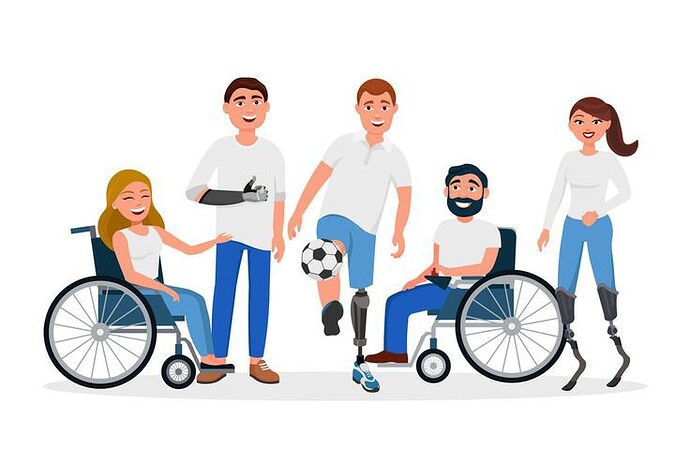How to advocate for your child with a disability in sports: Tips for communicating with coaches and teams
Participating in sports can be an incredibly rewarding experience for children with disabilities, providing them with opportunities for physical activity, socialization, and personal growth. However, parents of children with disabilities often face unique challenges when advocating for their child’s needs within a sports team. Here are some tips for communicating with coaches and teams to ensure that your child’s needs are met and that they have a positive and inclusive experience.
-
Educate yourself and others
Before approaching coaches or teams, it’s important to educate yourself about your child’s disability and how it may impact their participation in sports. This will help you to better communicate your child’s needs and advocate for accommodations that will enable them to fully participate.
It’s also helpful to educate coaches and teammates about your child’s disability and how it may affect their participation. This can help to dispel any myths or misconceptions and promote understanding and inclusion. -
Communicate clearly and respectfully
When communicating with coaches and teams, it’s important to be clear, concise, and respectful. Begin by introducing yourself and your child and explaining their disability and any accommodations they may need. Be specific about your child’s strengths and limitations and how these may impact their participation.
Avoid using confrontational language or making demands. Instead, focus on working collaboratively with coaches and teams to find solutions that will benefit your child and the team as a whole. -
Advocate for accommodations
If your child needs accommodations to participate in sports, such as modified equipment or extra support, don’t be afraid to advocate for them. Explain why these accommodations are necessary and how they will benefit your child’s participation.
It’s important to remember that accommodations are not special privileges, but rather necessary tools for individuals with disabilities to fully participate in sports and other activities. -
Build relationships with coaches and teams
Building positive relationships with coaches and teams can go a long way in ensuring that your child’s needs are met and that they have a positive and inclusive experience. Take the time to get to know coaches and teammates and to explain your child’s needs and abilities.
Offer to volunteer or assist in any way you can to show your support for the team and to build trust and respect. -
Don’t be afraid to speak up
If you feel that your child’s needs are not being met or that they are not receiving the support they need, don’t be afraid to speak up. Approach coaches and teams in a calm and respectful manner and explain your concerns.
Remember that you are your child’s best advocate, and it’s important to ensure that their needs are being met in a safe and inclusive environment.
Advocating for your child with a disability in sports can be challenging, but it’s also incredibly important. By educating yourself, communicating clearly and respectfully, advocating for accommodations, building relationships, and speaking up when necessary, you can help to ensure that your child has a positive and inclusive experience in sports.

